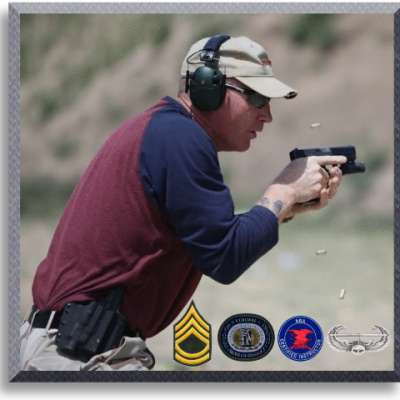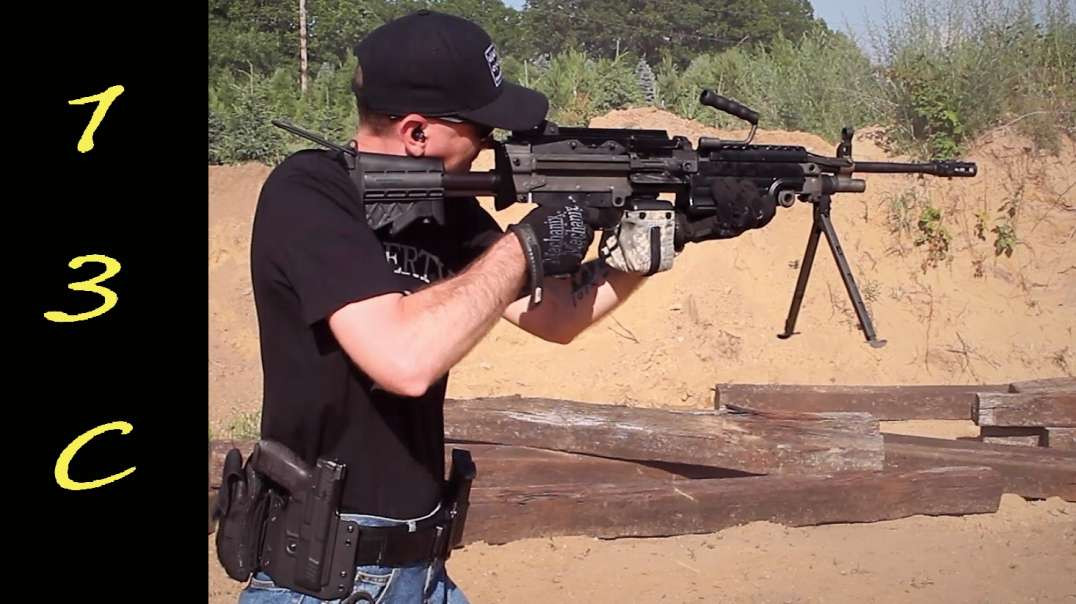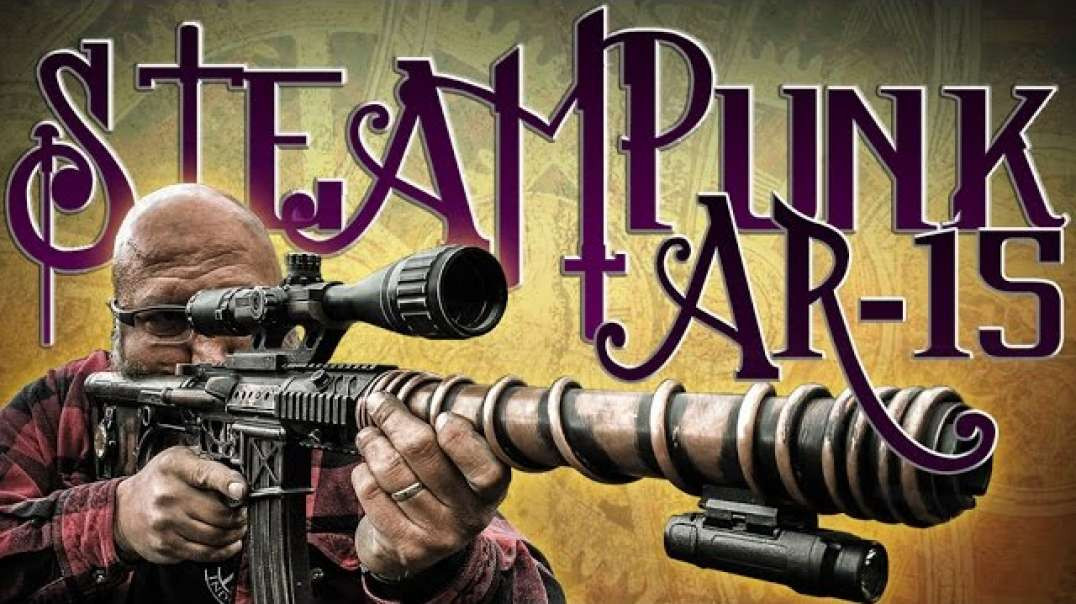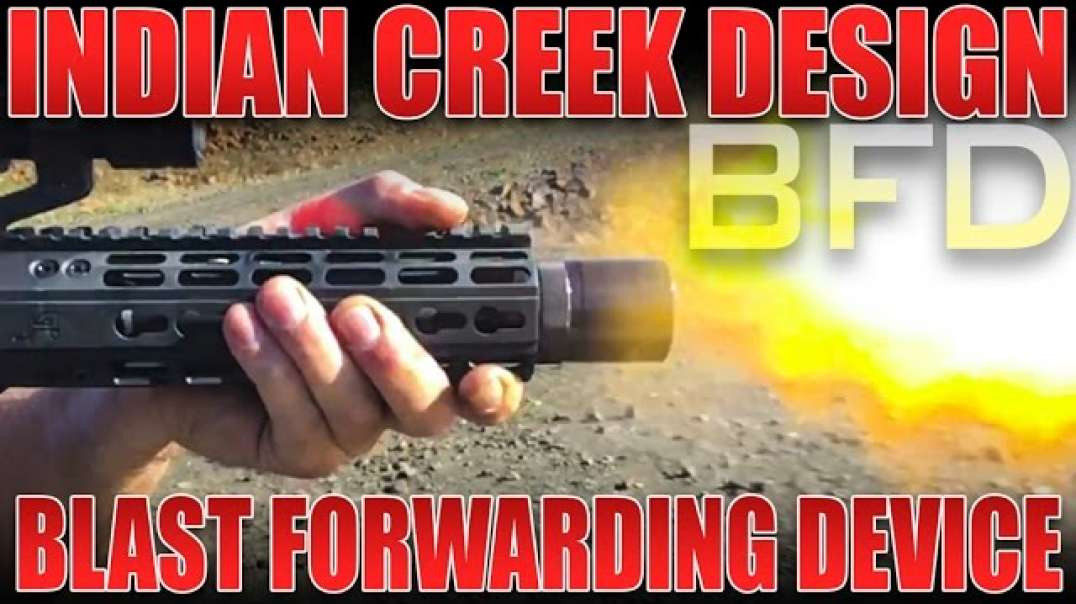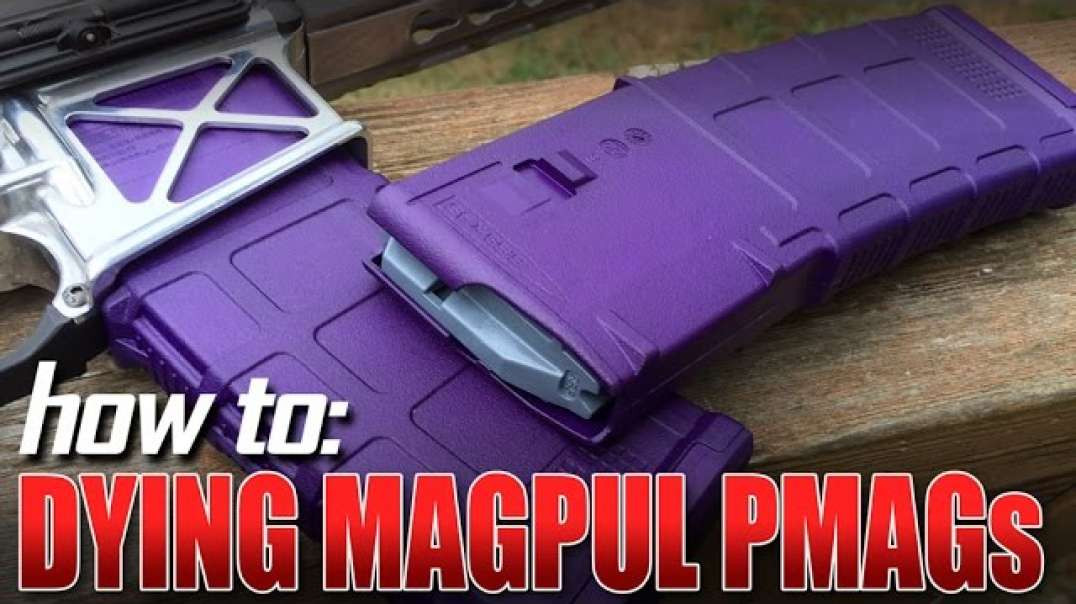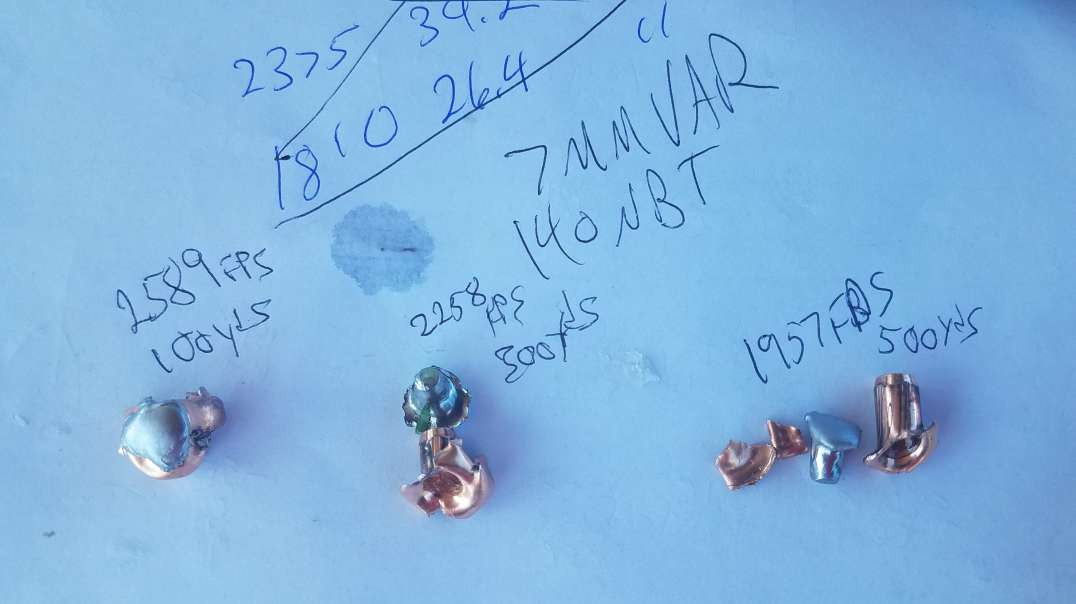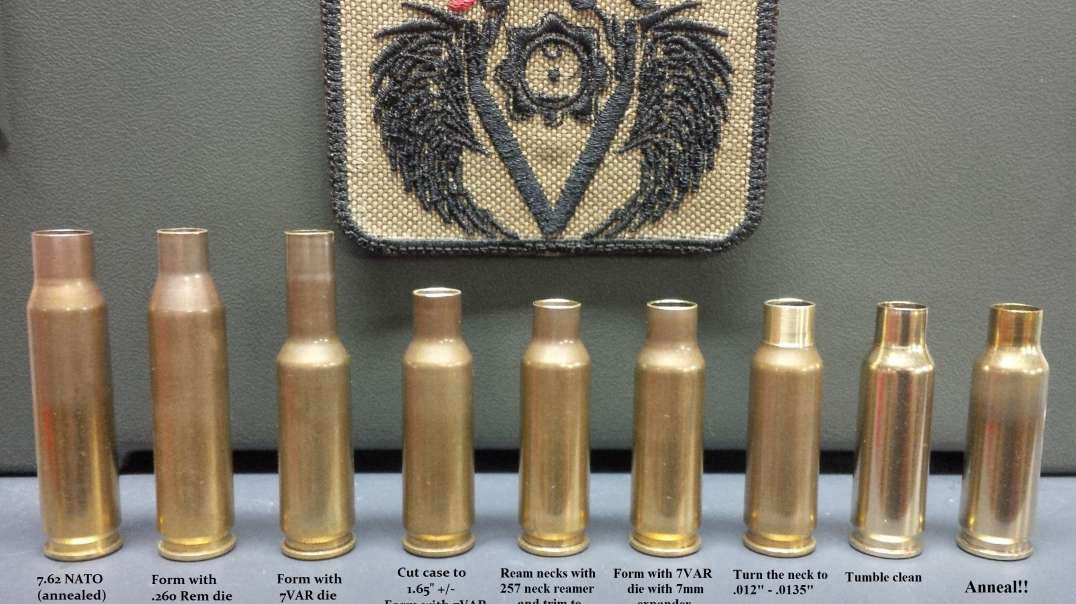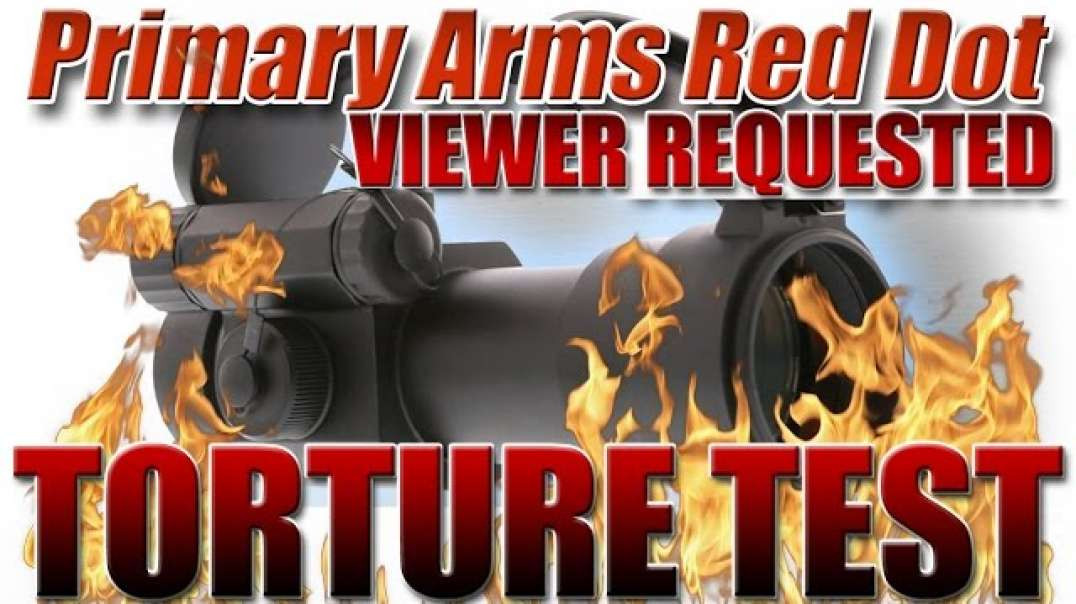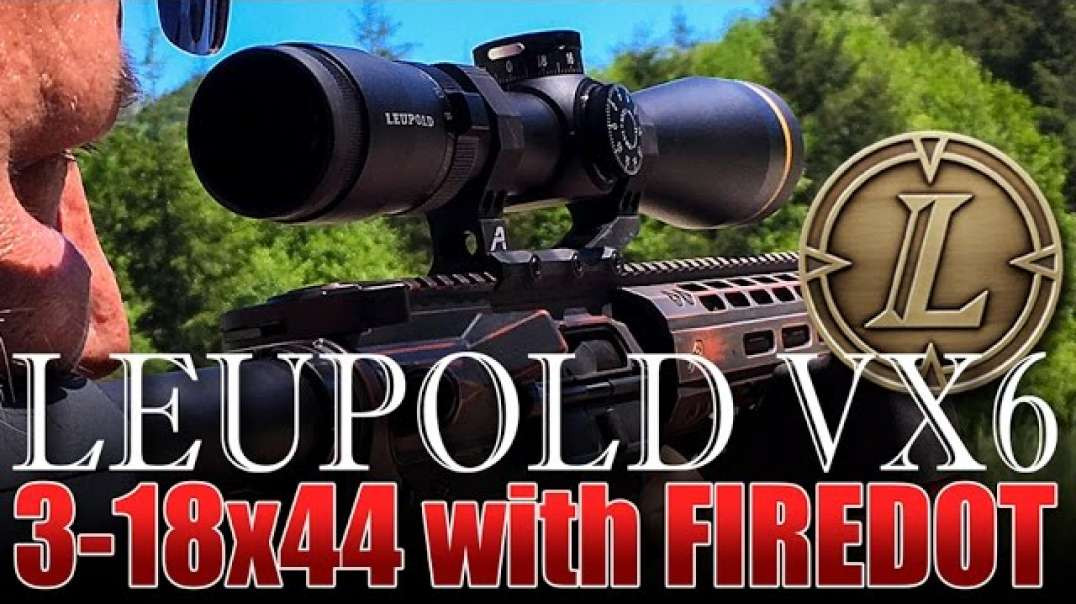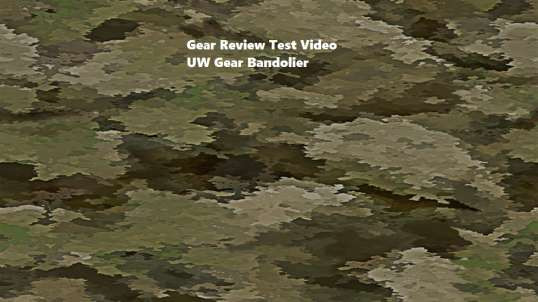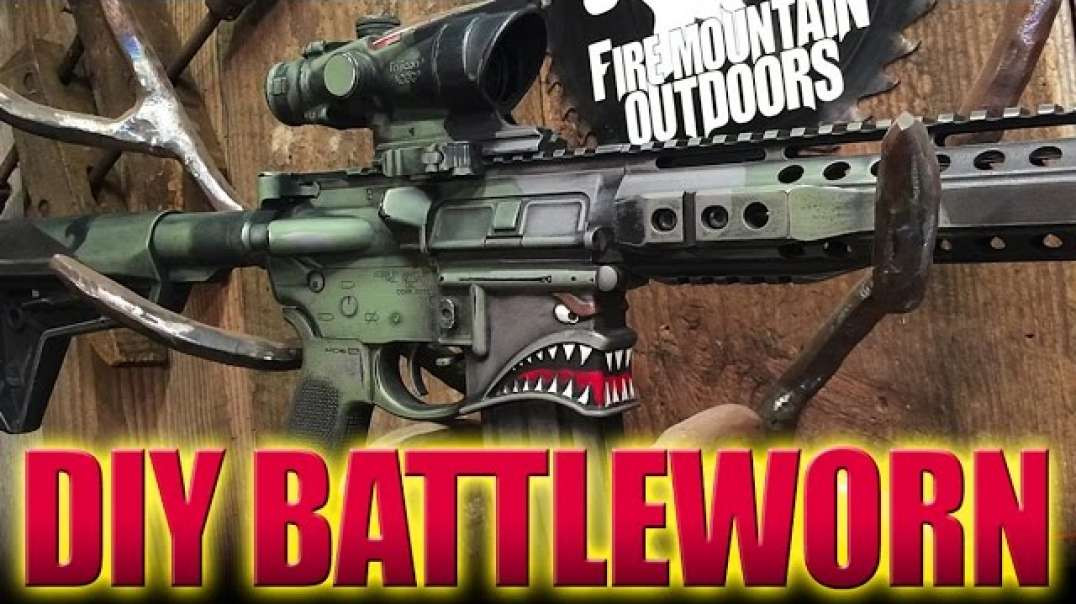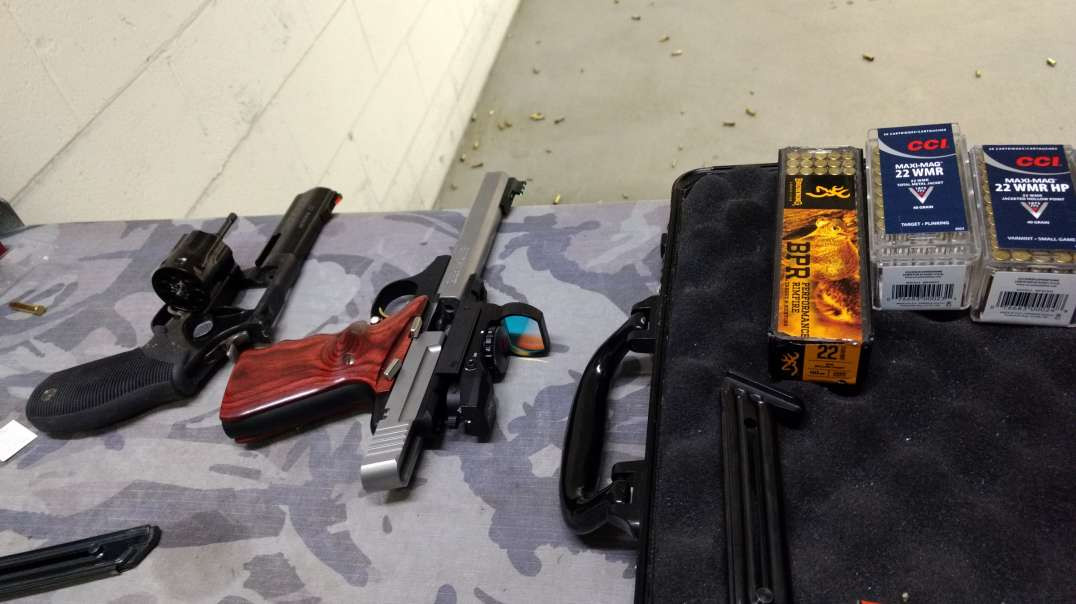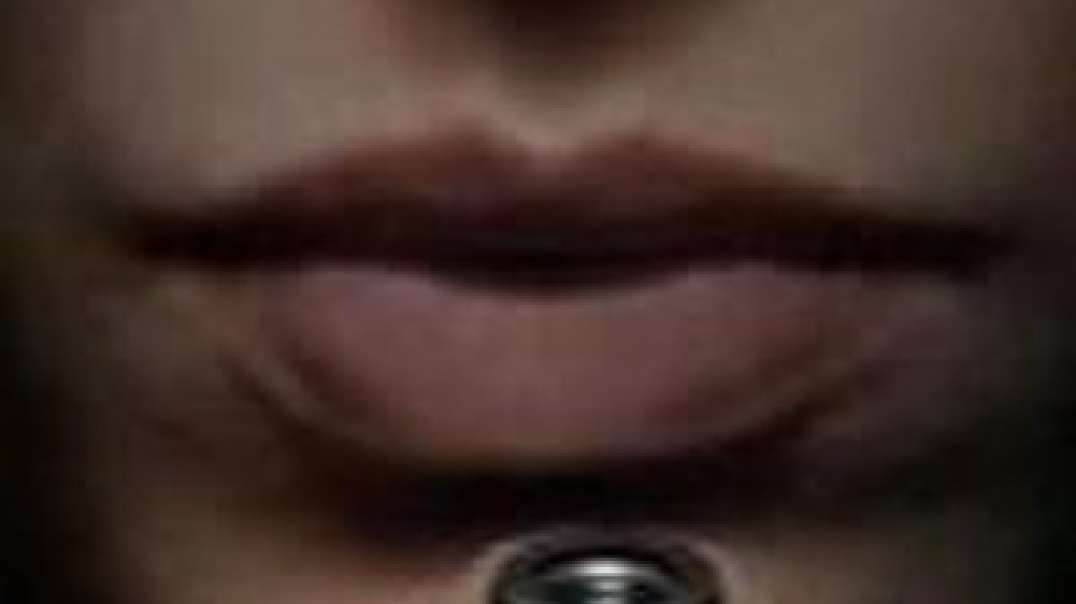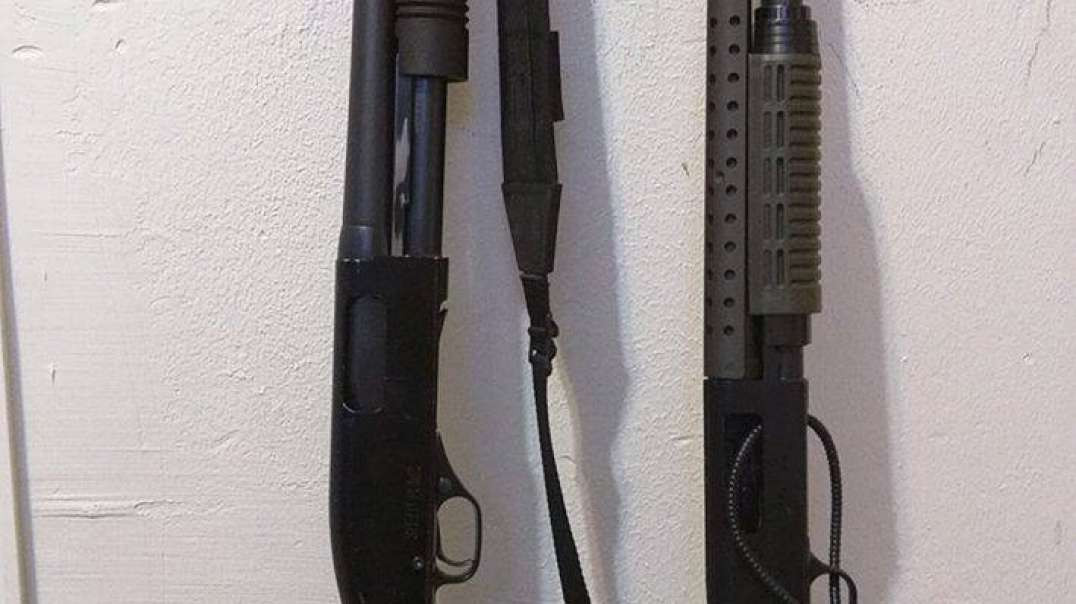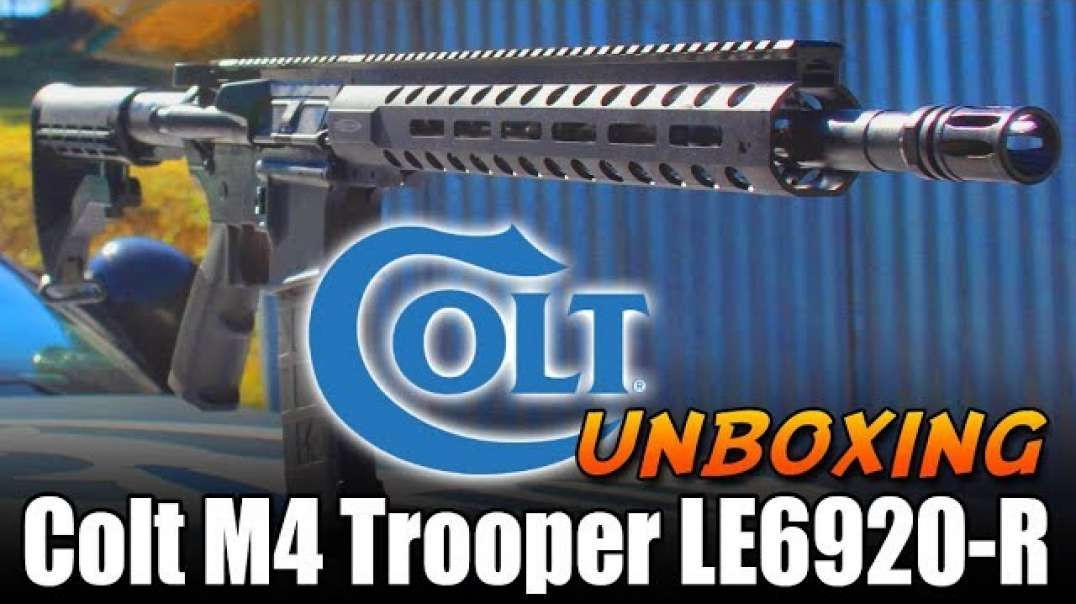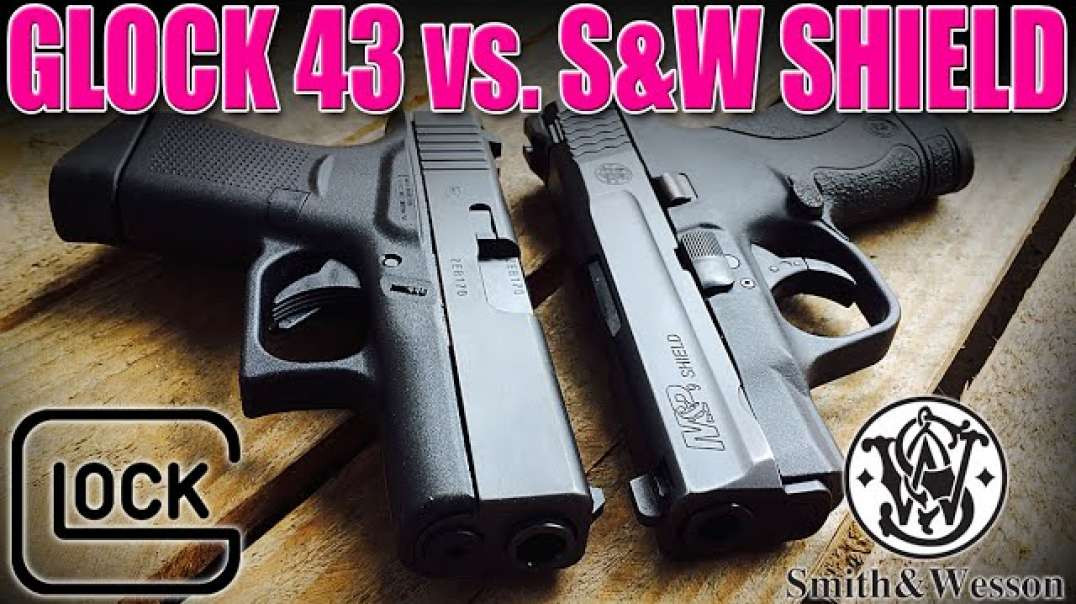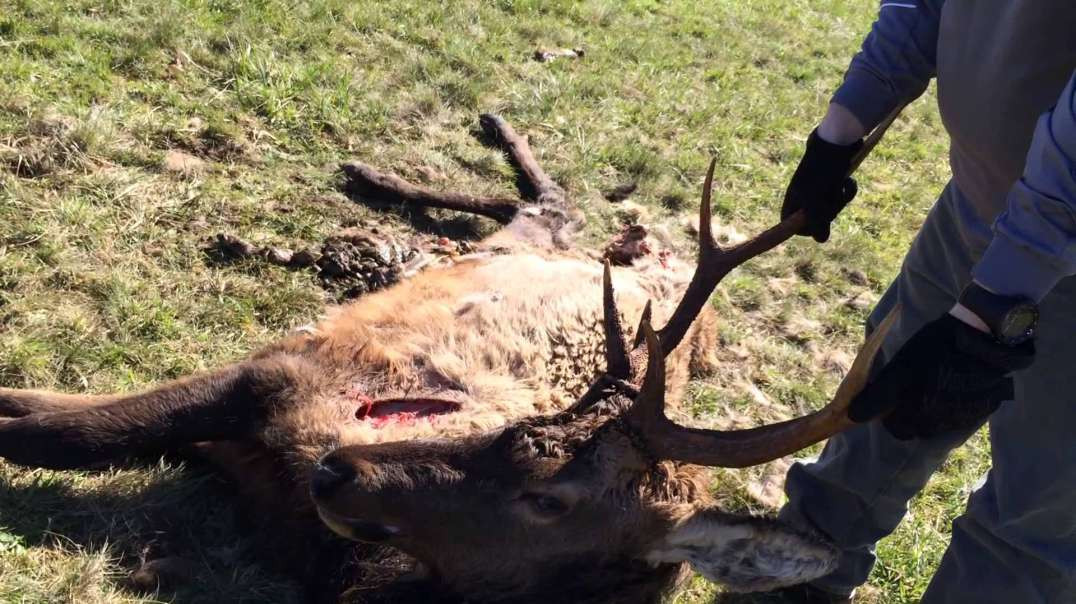Who's your Daddy? Why SafeArms of course ;)
From time to time ppl pm me &/or leave comments saying I'm stupid, I have no skills with a firearm, etc so I decided to try something that I have never tried before... to SHOOT A PLAYING CARD IN HALF.
I figured I would go out, give it a try and maybe I could shut up all those haters & door warriors out there, OR this would end up as a 'fail' video. Either way I figured I was up for the challenge no matter what happened.
Enough of my ramblilng, just watch the vid and see what happens.
:D
Materials used...
* Springfield XD-M 9mm with 4.5 inch barrel
* Winchester 115 grain, 9mm FMJ Luger rounds
* Serpa level II retention holster
* el-cheapo playing cards from Family Dollar
* and target stands made by yours truly
Distance from target = @ 10 feet
;)
Here is a vid where I shoot a card in half using a 22 LR conversion bolt in my AR15... http://www.youtube.com/watch?v=TAIqp0TcbUM
!!!SPOILER ALERT!!!
The wife and I had lots of fun doing this video. The wife thot we would spend hours & tons of ammo before I actually shot a card in half, but as you can see, I shot the first card on the first try. Remember I have never done this before, so this shoot was pretty cool to say the least.
Anyway take care & God bless,
Steve
Now since we are dealing primarily with firearms, plz remember these important rules...
1. ALWAYS keep the gun pointed in a safe direction.
This is the primary rule of gun safety. A safe direction means that the gun is pointed so that even if it were to go off it would not cause injury or damage. The key to this rule is to control where the muzzle or front end of the barrel is pointed at all times. Common sense dictates the safest direction, depending on different circumstances.
2. ALWAYS keep your finger off the trigger until ready to shoot.
When holding a gun, rest your finger on the trigger guard or along the side of the gun. Until you are actually ready to fire, do not touch the trigger.
3. ALWAYS keep the gun unloaded until ready to use.
Whenever you pick up a gun, immediately engage the safety device if possible, and, if the gun has a magazine, remove it before opening the action and looking into the chamber(s) which should be clear of ammunition. If you do not know how to open the action or inspect the chamber(s), leave the gun alone and get help from someone who does.
Other important firearm rules... * Know your target and what is beyond.
Be absolutely sure you have identified your target beyond any doubt. Equally important, be aware of the area beyond your target. This means observing your prospective area of fire before you shoot. Never fire in a direction in which there are people or any other potential for mishap. Think first. Shoot second. * Know how to use the gun safely.
Before handling a gun, learn how it operates. Know its basic parts, how to safely open and close the action and remove any ammunition from the gun or magazine. Remember, a gun's mechanical safety device is never foolproof. Nothing can ever replace safe gun handling. * Be sure the gun is safe to operate.
Just like other tools, guns need regular maintenance to remain operable. Regular cleaning and proper storage are a part of the gun's general upkeep. If there is any question concerning a gun's ability to function, a knowledgeable gunsmith should look at it. * Use only the correct ammunition for your gun.
Only BBs, pellets, cartridges or shells designed for a particular gun can be fired safely in that gun. Most guns have the ammunition type stamped on the barrel. Ammunition can be identified by information printed on the box and sometimes stamped on the cartridge. Do not shoot the gun unless you know you have the proper ammunition. * Wear eye and ear protection as appropriate.
Guns are loud and the noise can cause hearing damage. They can also emit debris and hot gas that could cause eye injury. For these reasons, shooting glasses and hearing protectors should be worn by shooters and spectators. * Never use alcohol or over-the-counter, prescription or other drugs before or while shooting.
Alcohol, as well as any other substance likely to impair normal mental or physical bodily functions, must not be used before or while handling or shooting guns.
